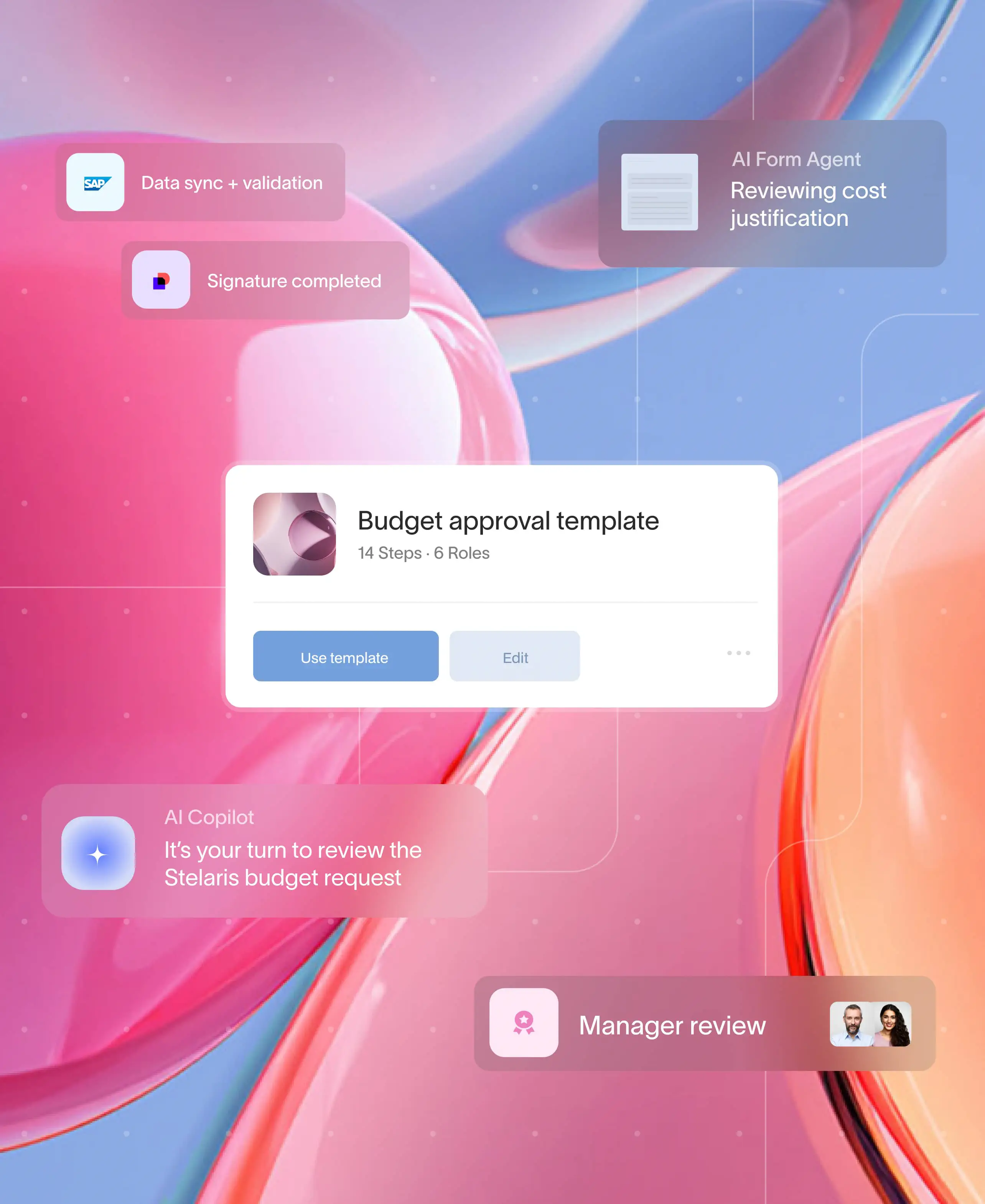
At a glance
- Email is not secure enough: Client documents shared over email are exposed to phishing, misdelivery, and lack essential audit trails.
- Compliance is non-negotiable: A secure portal helps firms meet evolving regulatory frameworks like SOC 2, GDPR, and beyond.
- Portals streamline operations: Centralized messaging, e-signatures, and version control reduce administrative overhead by up to 40%.
- Modernization builds trust: Firms using branded portals project professionalism, security, and client-centricity, key to winning and retaining business.
From password chaos to client churn: The hidden cost of insecure workflows
How much time does your team spend chasing tax forms, following up on unsigned documents, or resending the same email threads? If your operations still rely heavily on email and shared folders, the cracks are already visible.
Accounting firms are entrusted with highly sensitive financial and personal data. In the current cybersecurity climate, distributing tax returns or bank statements via unsecured channels is no longer defensible nor is it scalable.
This article outlines why modern accounting firms need secure client portals, the key features that matter most, and how a purpose-built solution can become an operational advantage.
Why email and shared folders no longer suffice
While convenient, traditional tools like email and generic cloud storage expose firms to substantial risks:
- No audit trail: It is impossible to verify who accessed a file, when, or what actions were taken.
- Susceptibility to phishing: Email remains the leading vector for cyberattacks. A single misdirected message could trigger a compliance breach.
- Versioning issues: Multiple versions of documents in circulation result in confusion and errors.
- Insufficient encryption: Standard email does not meet encryption benchmarks such as AES-256 or TLS protocols.
These vulnerabilities compromise not only operational efficiency but also client trust and brand reputation. Today’s clients expect secure, frictionless collaboration as a baseline.
What secure client portals fix, and why that matters
Many portals serve merely as static file repositories, offering limited value beyond storage. However, a truly secure client portal for accounting firms must address the deeper inefficiencies inherent in professional service workflows.
Firms should seek platforms that actively streamline collaboration and support regulatory compliance, rather than simply containing documents.
- End-to-end encryption: Protects client data in transit and at rest, preserving confidentiality across the lifecycle.
- Role-based access: Allows granular permission settings for internal users, clients, and external auditors.
- Comprehensive audit logs: Provide verifiable activity histories, critical for compliance reviews and internal governance.
- Integrated workflows: Supports repeatable processes like tax form collection, approval chains, and document version control.
- Centralized communication: Eliminates the noise of disjointed email threads by consolidating messages, comments, and files.
For example, instead of emailing quarterly financial summaries as attachments, firms can request uploads, annotate documents, and send approval flows, all within the portal. Clients can review and sign-off in one place, and the firm retains a full audit trail of who did what and when.
Similarly, payroll reconciliation workflows that previously involved multiple email threads can be streamlined into one task-driven thread, with assigned steps, due dates, and secure file handoff.
These features collectively transform a portal from a passive tool into the backbone of a firm’s operational infrastructure.
What to look for in a secure client portal
Firms evaluating platforms should prioritize long-term scalability, security compliance, and end-user experience. The following features represent table stakes:
Related read: Secure client portals are now non-negotiable
Why client trust depends on a secure client portal for accounting firms
Trust is the cornerstone of every accounting relationship. It is built on the assumption that client information will be handled with discretion, accuracy, and care. Yet even minor lapses in digital security, such as a document sent to the wrong inbox, can undermine that trust instantly.
In today’s environment, secure technology is no longer a back-office function. It is a front-facing signal of how seriously your firm treats confidentiality and responsiveness. Clients increasingly equate a seamless, secure digital experience with operational excellence.
A well-designed portal that integrates secure messaging, access control, and real-time visibility reinforces the message: “Your data is safe here. Your time is respected. Your business matters.”
How secure portals help firms scale and comply
With security becoming the forefront of client service delivery, compliance posture, and business growth, here are three outcomes firms commonly report after implementing secure client portals for accounting firms:
- Reduced turnaround times: Automating task assignments and reminders cuts document cycles significantly.
- Improved compliance readiness: Role-based permissions and digital audit logs support audits with minimal disruption.
- Elevated client experience: A clean, mobile-optimized portal boosts client satisfaction and responsiveness.
BNP Paribas leveraged Moxo to unify messaging, document sharing, and e-signatures across client engagement workflows. This led to a 50% decrease in onboarding time and a far more transparent compliance process.
How Moxo is secure, scalable, and client-ready by design
Moxo is purpose-built for secure client collaboration, offering the necessary control and automation modern accounting firms demand.
Here is how Moxo addresses core challenges:
- Onboarding inefficiencies: The Workflow Builder automates intake, document collection, and approvals, standardizing and accelerating client onboarding.
- Data security concerns: AES-256 encryption and immutable audit logs protect every document action.
- Branding and client trust: Moxo’s white-labeled portals allow firms to offer a seamless, professional experience under their own brand.
- Client responsiveness: The Agentic AI Copilot proactively nudges clients for missing inputs, eliminating unnecessary follow-ups.
- Compliance support: With e-signatures, role-based access, and timestamped logs, Moxo helps firms adhere to standards like SOC 2 and GDPR.
- Mobile experience: Clients can securely engage from any device, ensuring timely document submissions and approvals.
Moxo consolidates fragmented tools into a unified portal that strengthens both firm operations and client relationships.
Book a demo with Moxo to experience how secure, intelligent collaboration can elevate your accounting practice.
Conclusion
With the client-service landscape, security is table stakes, but experience is the differentiator. Accountants who modernize not only safeguard client data but also deliver faster, more transparent, and more professional engagements.
A secure client portal is no longer a nice-to-have; it is essential infrastructure for building client trust, achieving compliance, and scaling sustainably.
FAQs
What is a secure client portal for accountants?
A secure client portal is a private digital workspace that allows accountants and clients to collaborate, share files, and manage tasks in a compliant and encrypted environment.
Are secure portals compliant with accounting regulations?
Yes. Leading platforms such as Moxo provide features aligned with SOC 2, GDPR, and other frameworks, including encrypted file sharing, role-based access, and activity logs.
How do portals reduce administrative overhead?
Secure portals consolidate messaging, automate reminders, and streamline document workflows, allowing teams to focus on higher-value work.
Can client portals be customized for my firm?
Absolutely. Moxo supports custom branding, including firm logos, domain names, and tailored workflows that reflect your firm’s identity.
How do I ensure clients will adopt the portal?
By demonstrating clear benefits, secure mobile access, real-time updates, and no need for email threads, firms can drive adoption through ease of use and faster results.






